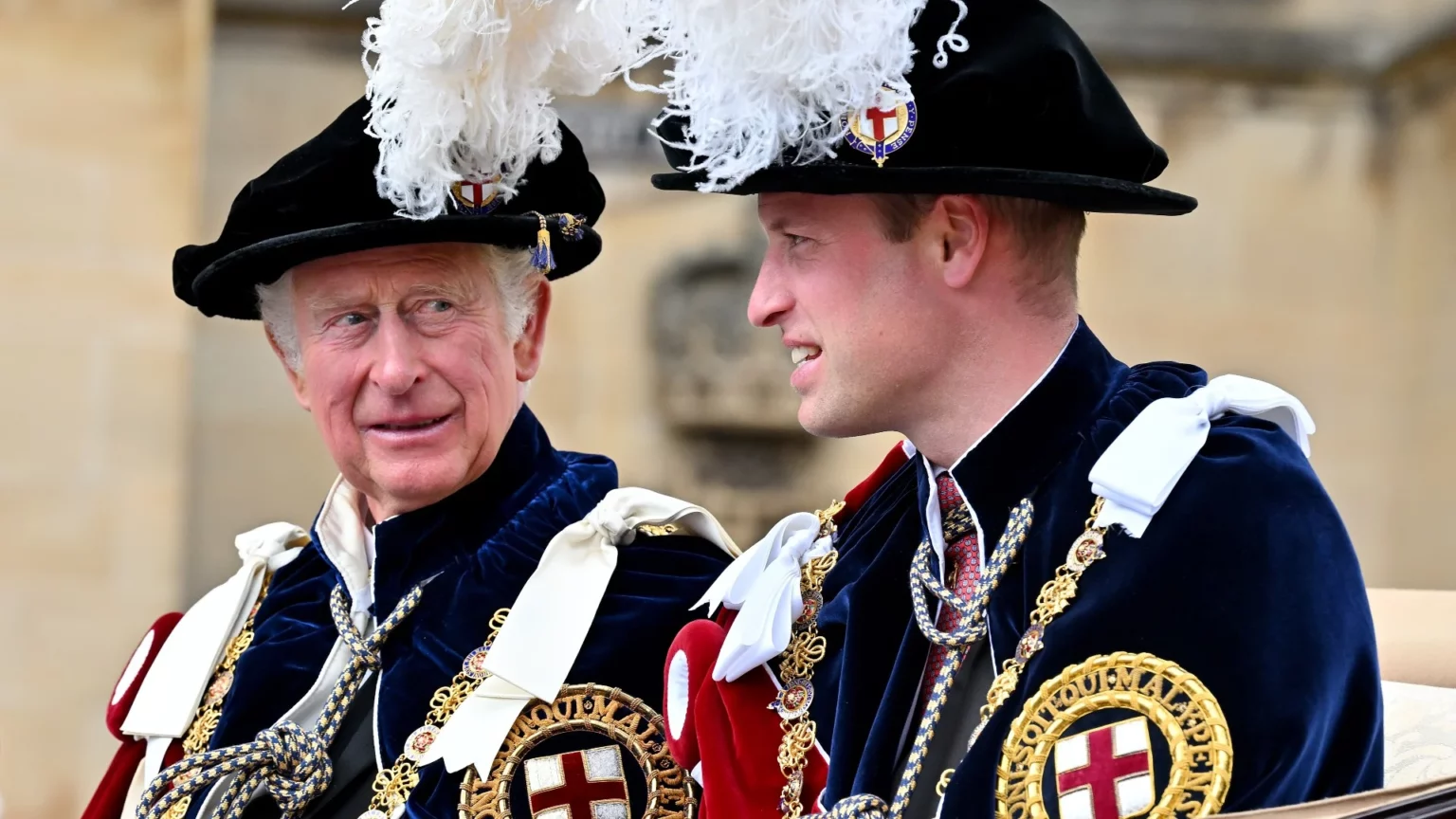The UK royal family has been around for centuries, with a rich history and traditions that have been passed down through generations. One such tradition is the concept of abdication, which refers to a monarch voluntarily giving up the throne. Abdications have been rare in the British monarchy, with only a handful of monarchs choosing to abdicate in the past.
The most famous example of abdication in the British monarchy is that of King Edward VIII in 1936, who gave up the throne to marry American socialite Wallis Simpson. This event caused a constitutional crisis in the UK, as the Church of England and the British government did not approve of Edward’s marriage to a divorced woman. His younger brother, King George VI, took the throne instead.
Since then, abdications in the British monarchy have been few and far between. The most recent example was that of King Juan Carlos I of Spain in 2014, who abdicated in favor of his son, King Felipe VI. This move was seen as a way to bring fresh energy and new ideas to the Spanish monarchy.
With the upcoming coronation of King Charles in the UK, some are questioning whether it’s time for the British royal family to consider normalizing abdication. King Charles is the oldest person to ascend to the throne in British history, and there are concerns about his ability to fulfill the duties of the monarch for a lengthy period of time.
Moreover, as the British monarchy continues to modernize and adapt to the changing times, there may be a need for a more flexible approach to succession. Normalizing abdication could allow for a smoother transition of power and provide an opportunity for younger, more modern members of the royal family to take the throne.
Of course, abdication is not without its risks and challenges. The British monarchy has a strong tradition of continuity and stability, and a sudden abdication could be seen as a destabilizing force. Moreover, there are concerns about the potential for abuse of the abdication process, as well as the possibility of political interference.
Despite these challenges, there is growing support for the idea of normalizing abdication in the UK royal family. Some experts argue that a more flexible approach to succession could help the British monarchy to better adapt to changing times and maintain its relevance in a rapidly evolving world.
In conclusion, the question of whether or not the UK royal family should normalize abdication is a complex one. While there are certain risks and challenges associated with this approach, there is also a strong case to be made for a more flexible approach to succession in the modern era. Ultimately, the decision will rest with the royal family and the British people, who will need to carefully consider the pros and cons of this potentially historic change.




